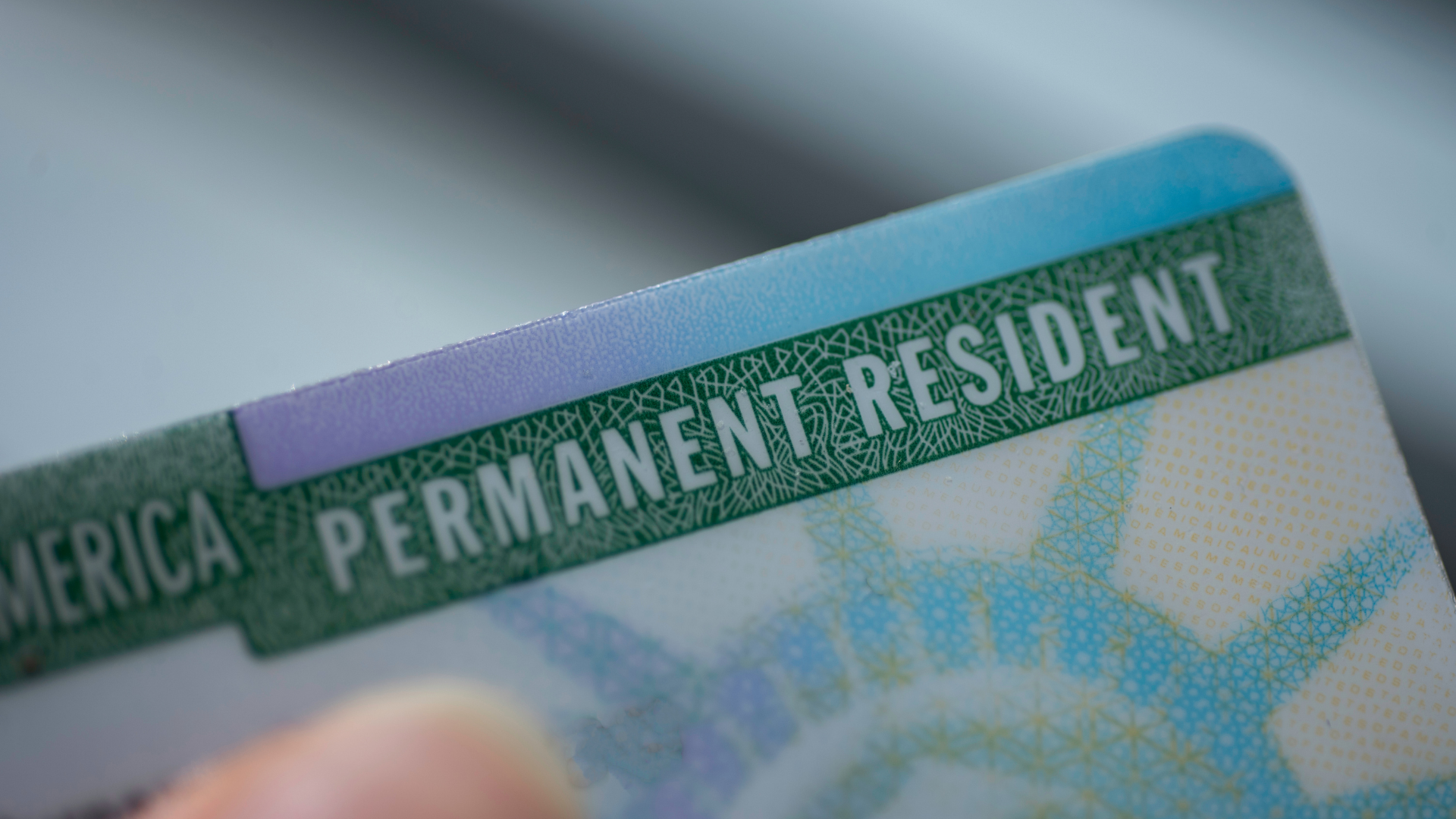J-1 Visa
What is the J-1 visa program?
The program is also a valuable opportunity for U.S. organizations to leverage the contributions of foreign nationals right here in the United States. Here are the different opportunities U.S. employers and organizations are able to provide for J-1 visitors.
- Au pair
- Camp counselor
- Government visitor
- Intern
- International Department of State visitor
- Physician
- Professor and research scholar
- Short-term scholar
- Specialist
- Secondary or college/university students
- Summer work travel
- Teacher
- Trainee
According to the Department of State, each year the J-1 program provides opportunities for “around 300,000 foreign visitors from 200 countries and territories per year to experience U.S. society and culture and engage with Americans.” In some cases, the spouses and unmarried children under 21 of exchange visitors may apply for a visa under the J-2 designation to accompany the J-1 participant to the U.S.
Get in touch with us

What is a J-1 exchange visitor?
J-1 visitors are foreign nationals who want to visit the U.S. for cultural exchange opportunities. This includes exchange students, flight trainees, graduate interns, and others. Here are some of the more common roles of J-1 exchange visitors in Texas.
- Research scholars
- Interns
- Secondary students
- Trainees
- Summer work
- Teachers
People who want to visit the U.S. in this program do not apply to the United States Citizenship and Immigration Services (USCIS) directly. Instead, they apply for the exchange visitor program through a designated sponsor. Each program has different requirements, including those set by the federal government. The sponsors may also set certain eligibility criteria for participants, especially in the more highly desirable categories.
Let our immigration lawyers help you navigate every facet of immigration law.
Who can become a J-1 visa sponsor?
Program sponsors are usually third-party organizations rather than the hosts or employers of the visitors. They can be either public or private entities, including:
- Government-run agencies
- Educational institutions
- Cultural organizations
- Non-profit organizations
- For-profit organizations
Some larger organizations that frequently host visitors may also be sponsors, such as universities that may have frequent opportunities for research scholars. But most hosts or employers of J-1 visitors use third-party sponsors to screen, select, and supervise their visitors.
To become a program sponsor, an organization must apply to the U.S. Department of State. The application asks applicants to provide an exceptionally detailed overview of their proposal and qualifications, which can be broken down into three primary areas.
- Purpose of the exchange visitor program: Would-be sponsors need to explain how their program aligns with the vision and mission of the U.S. government’s strategic plans and initiatives. This can require extensive knowledge of State Department and other government agency publications and work.
- Previous experience in the field of international exchange: The program application has to include substantial information about who’s planning to be in charge of the program — the RO (responsible officer) and the ARO (alternate responsible officer) — and detailed evidence of their experience in doing exactly the same kind of work they would be doing under this program. This means that no matter how strong your vision or well funded your program, if you do not have the staff experience, you will not qualify.
- Financial resources to sponsor a program: Sponsoring a program is expensive. While there are plenty of costs that visitors are responsible for, it’s important to remember this is a visitor program, and there are aspects of the program that sponsors are not allowed to charge visitors for. It is just like having a guest in your home.
Most sponsoring organizations specialize in a particular category or related categories of J-1 program visitors. This is because the sponsors have to prove through a rigorous application process that they absolutely know the program they are sponsoring inside and out, as well as prove their previous experience in international exchanges before they will even be considered.
The exchange visitor sponsor is acting in place of the U.S. government when it comes to overseeing this program, so it is not surprising that organizations undergo such a monumental task when it comes to the application process.
What are the responsibilities of a J-1 program sponsor?
Once a sponsor’s application has been approved by the state department, all parts of the J-1 exchange program, from screening to supervision, are managed by the sponsor, not USCIS. Here are some of the basic responsibilities of a sponsor.
- Screen prospective hosts and employers, including by performing a site visit and facilities inspection.
- Support J-1 applicants throughout their application process, from providing necessary materials and forms to helping select their host or employer.
- Screen and exchange visitor program applicants to ensure they fulfill all the necessary eligibility criteria for their category.
- Verify that applicants’ English proficiency meets the federal requirement.
- Provide mandatory orientation to exchange visitors on U.S. customs and the American lifestyle upon visitors’ arrival in the U.S.
- Provide exchange visitors all the information and materials needed to perform their day-to-day program duties.
- Monitor exchange visitors’ participation in their program, and provide support to the host or employer.
- Be available to the visitor for their needs during their stay, including referring out to other resources or agencies if needed.
- Verify professional, academic, or skills-based eligibility if applicable.
The J-1 visitor program works only when hosts, visitors, and sponsors work together as a team to support the exchange. Not only are international relations at play, but so are the lives of the individuals who seek to come learn and share with the United States.
While some programs allow visitors to bring their families with them, it’s important to note that some programs do not, or some visitors choose not to or don’t have families to bring, so the sponsor and the hosts play an incredibly valuable role in being a foundational support system. Furthermore, 86% of exchange visitors are 30 years old or younger — so you can imagine what an impact positive exchange experiences will have on the future of the global community.
When should I hire a J-1 visa attorney?
If you are considering becoming a host/employer or sponsor, you should contact an J-1 visa attorney. This program adds immense value to many U.S. organizations and can be a consistent opportunity to leverage global talent, but the application process can be difficult to get right.
Whether you are an ISD seeking to add bilingual teachers to your staff or staffing agency looking to provide au pairs to families in your community, speaking to an attorney can help you decide if the J-1 program is right for you. For more information, contact Farmer Law today.
What Our Clients Are Saying
comes to keeping us compliant and helping us learn more each day. ”
Get In Touch With Us
Reach out to us for any questions on specific U.S. immigration laws, U.S. immigration forms, citizenship applications,
U.S. work visas, or any other aspect of immigration law.






